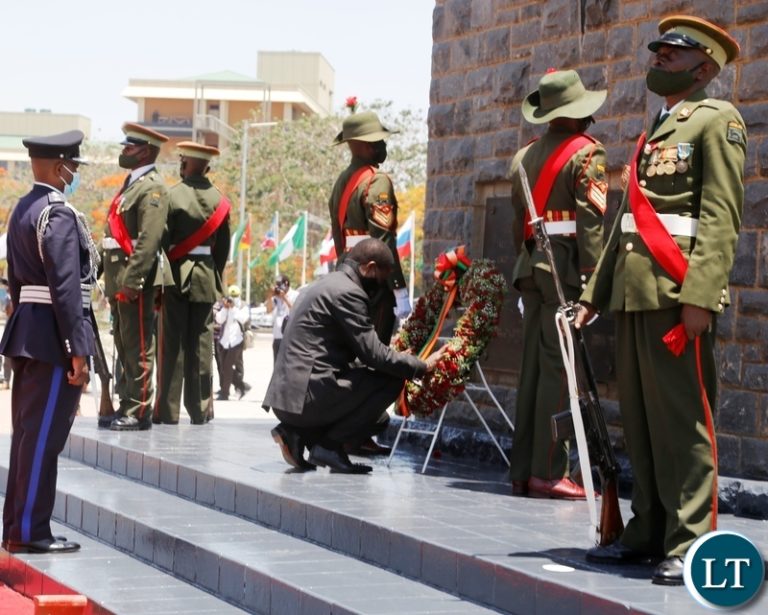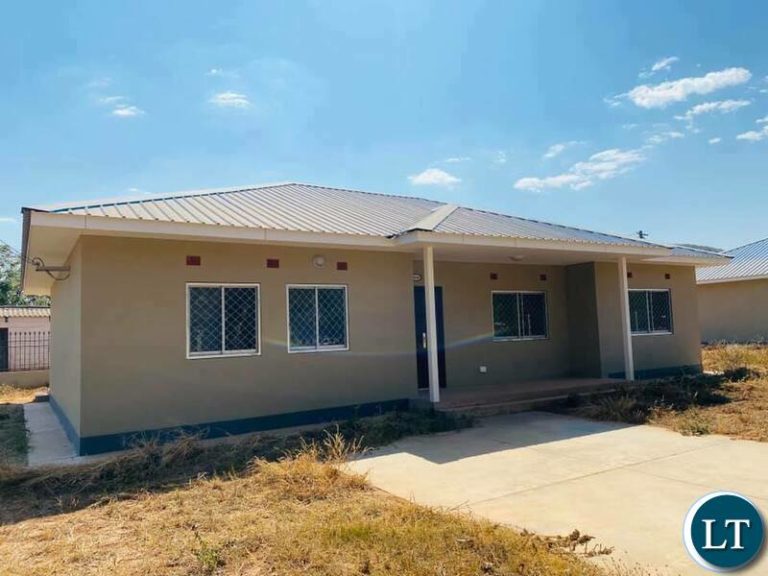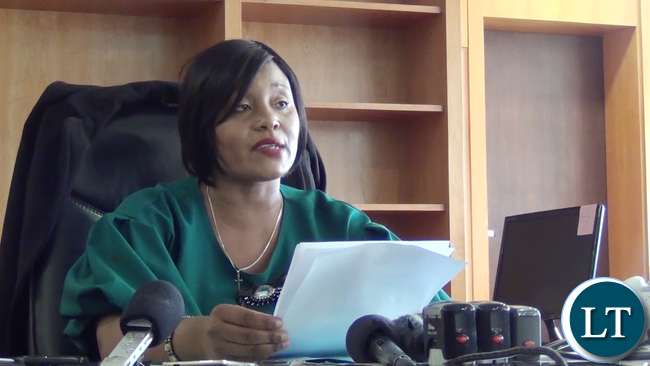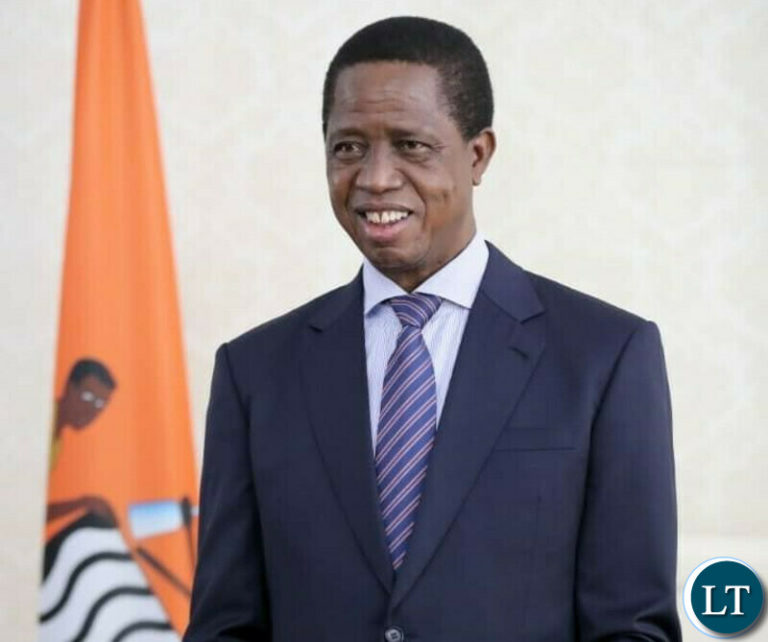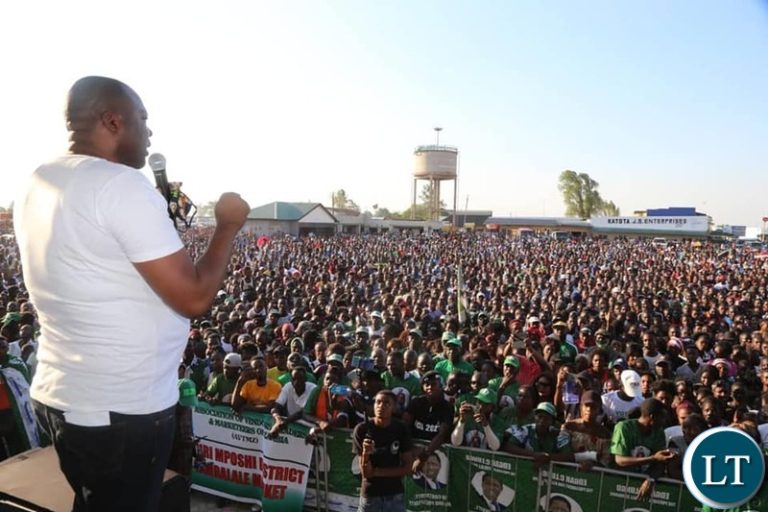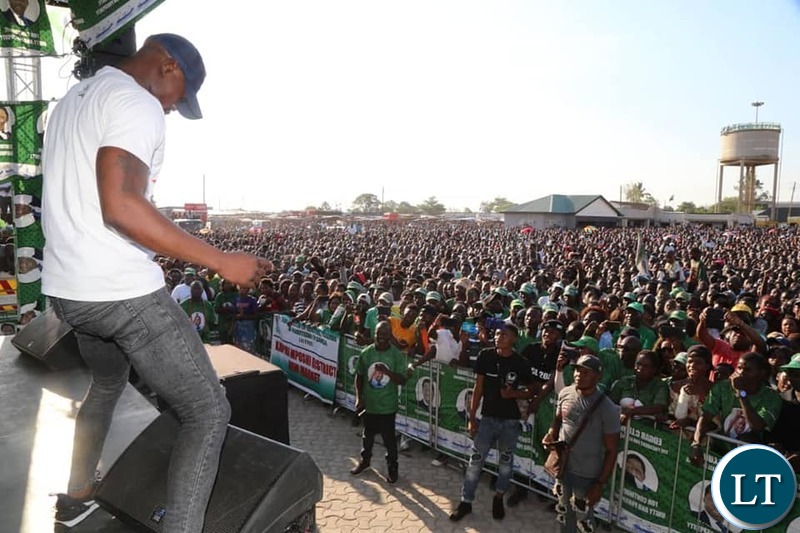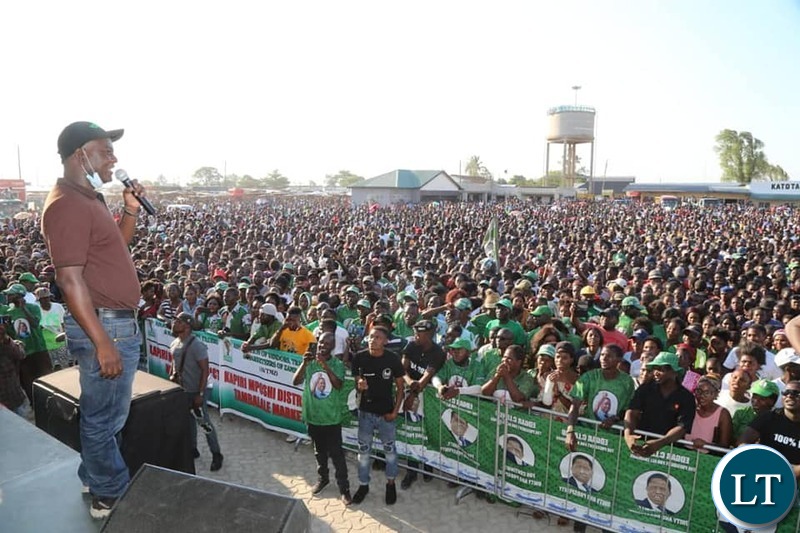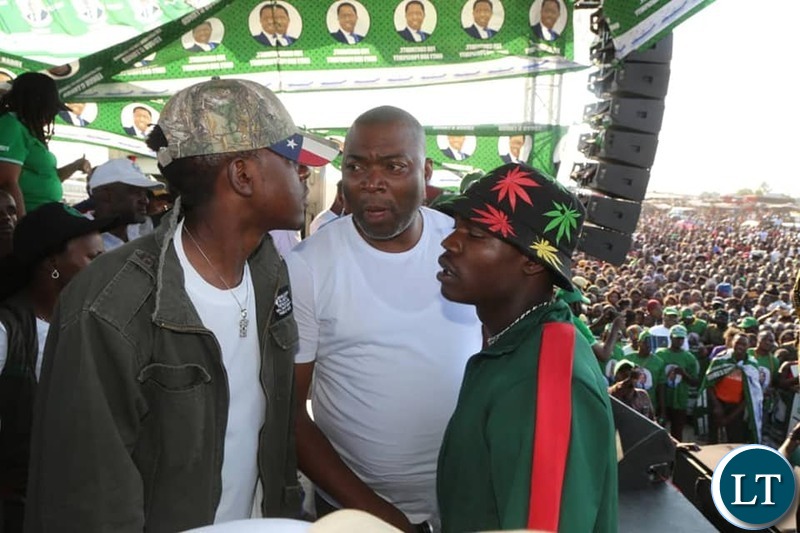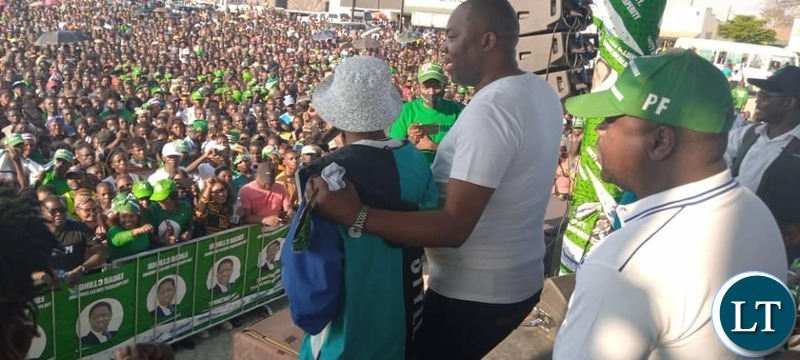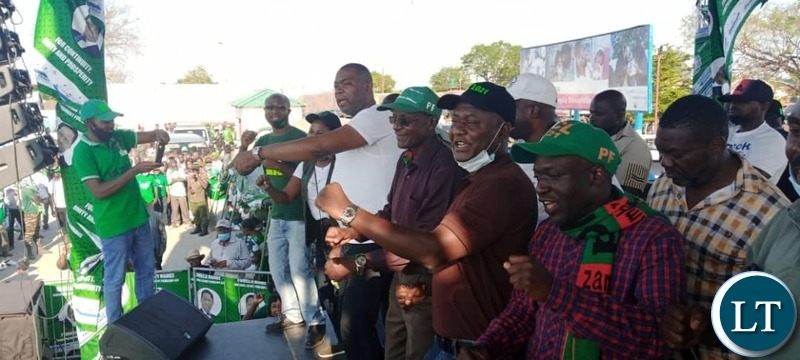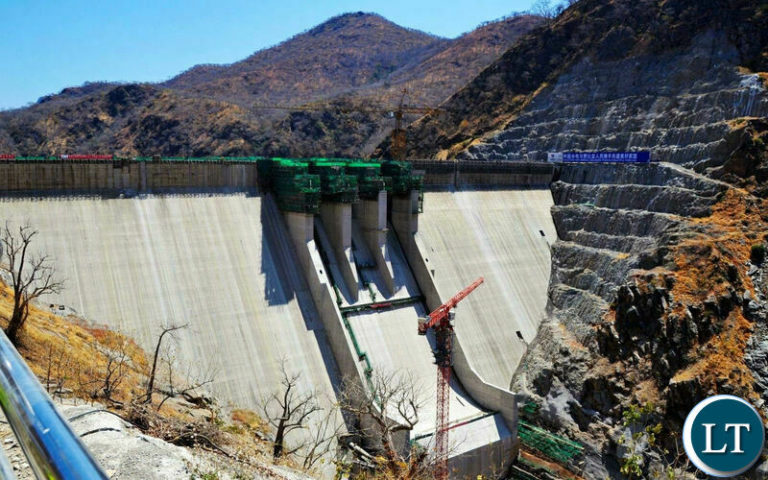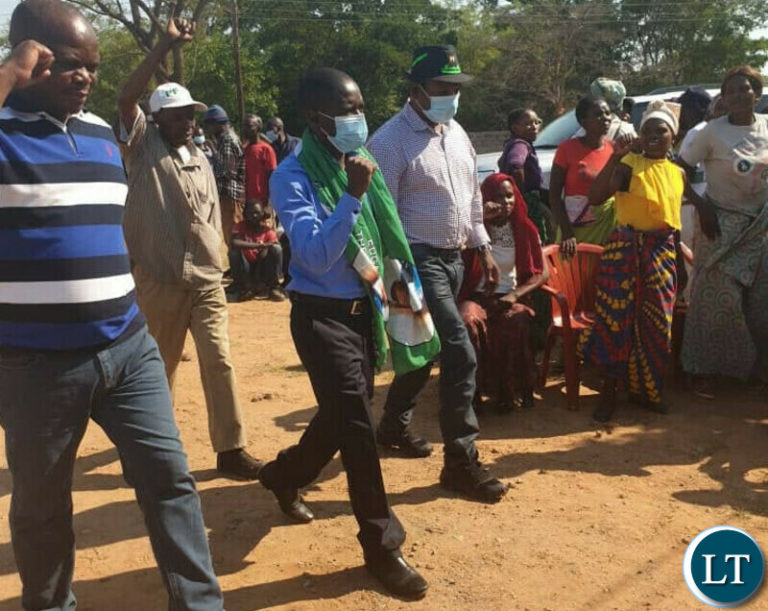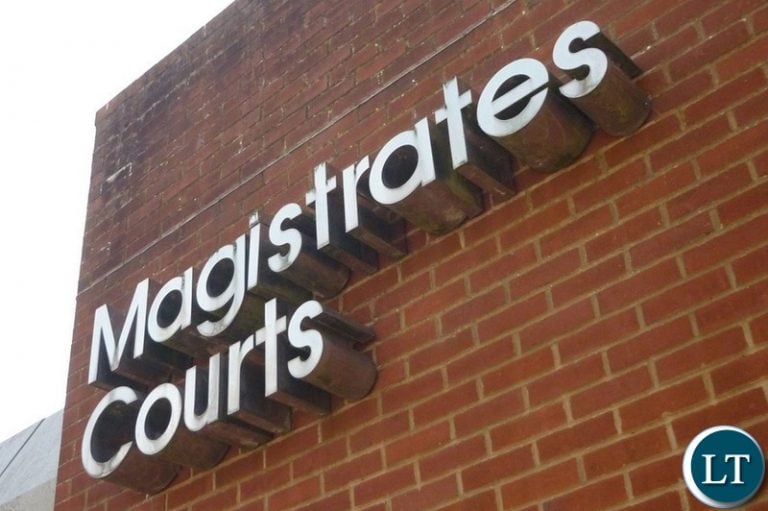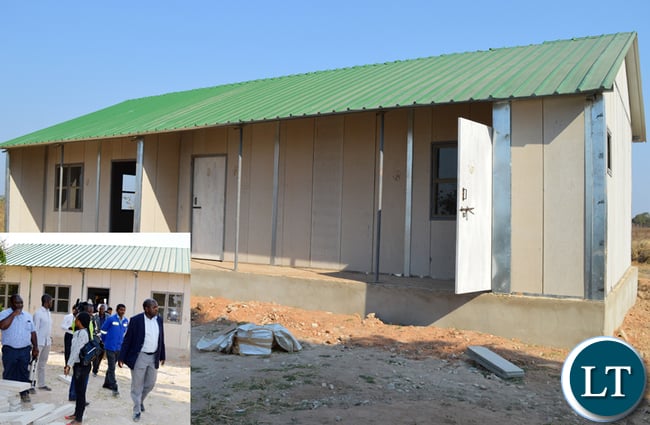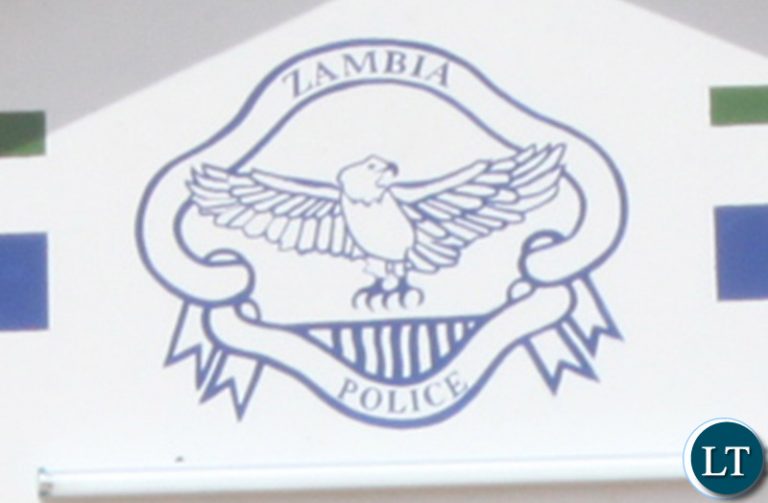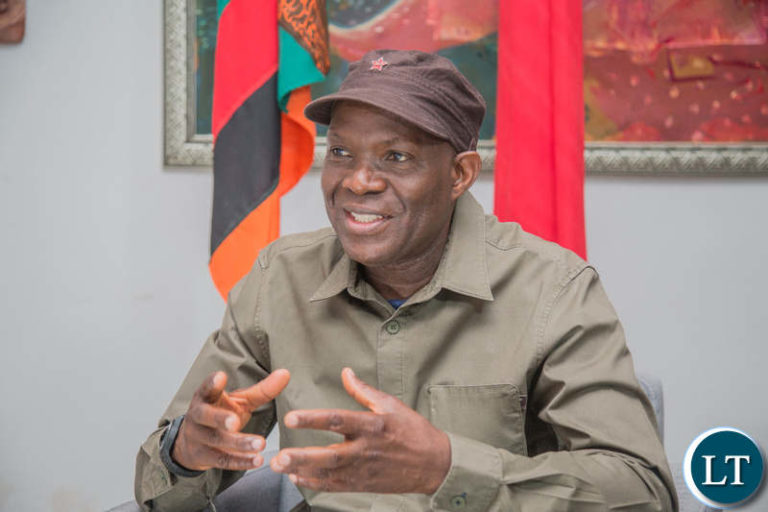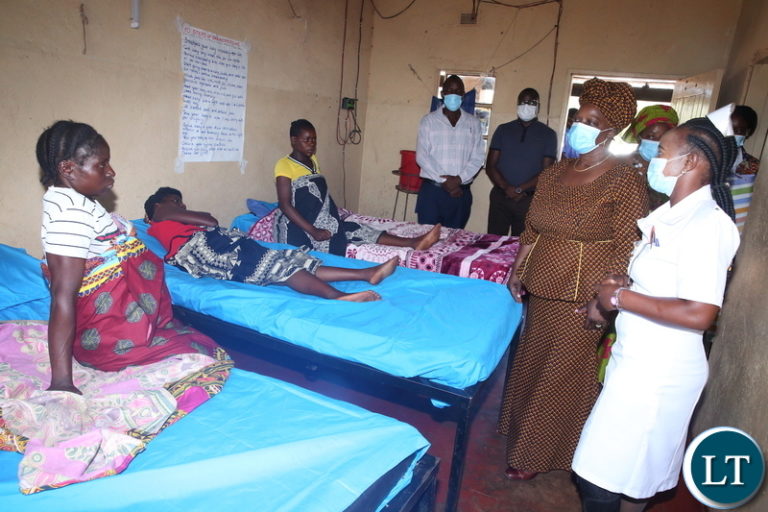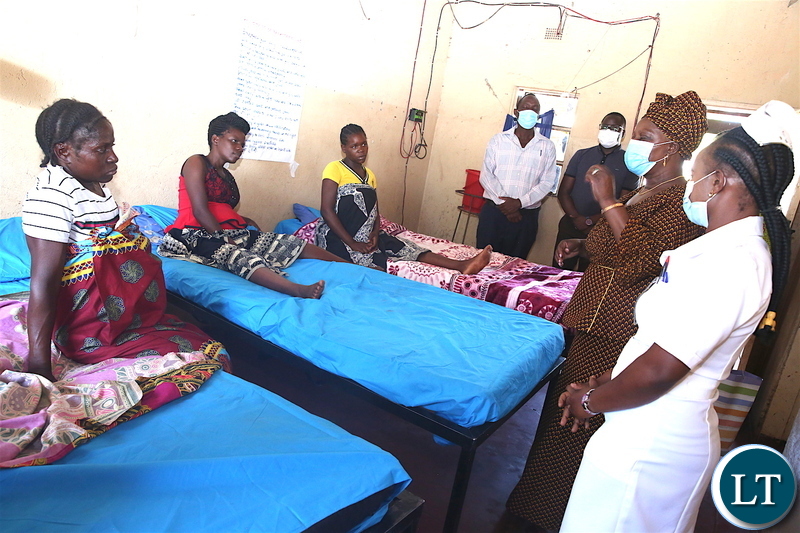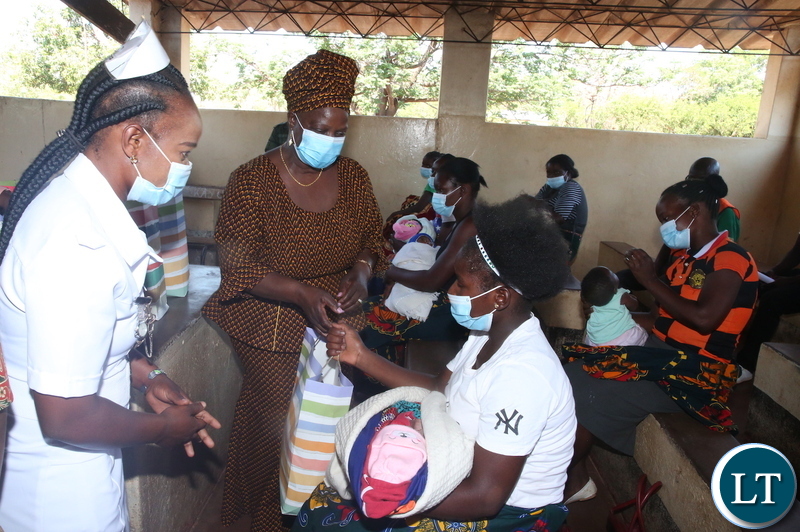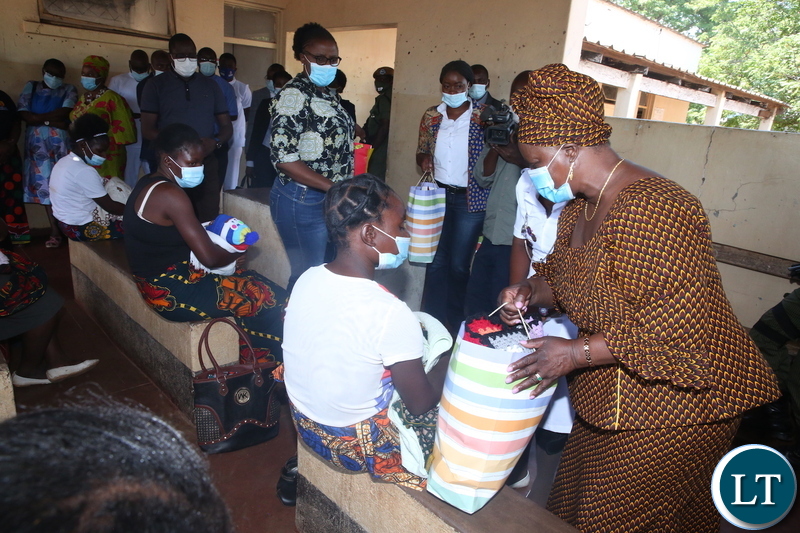President Edgar Lungu today attended a National Cenotaph in Lusaka in memory of the fallen heroes during the World Wars 1 and 2.
A three gun salute was presented in honour of the fallen heroes and a homily conducted by Director Chaplaincy at the Zambia Air Force, Colonel Reverend Malcom Nyambe.
The Scripture was taken from Exodus 13: 19-20 and Joshua 24: 32.
Rev. Nyambe noted that it is important to remember the people that have gone before the entire world including Zambia and made certain things happen to change the livelihood of the people.
He advised those in leadership the entire world to make sure that the world does not experience any more world war.
“Those in power should not make sure that we do not go into another world war. It is of great concern regarding what we are seeing being reported in the media. It’s like everyone is preparing for war by among other things buying dangerous weapons,” he said.
Rev. Nyambe noted that countries must stop meddling in internal affairs of other member states adding that people must also have respect for the governments in power.
“If we are to revert our honour, some of the things that must be done is that countries should stop meddling in affairs for other countries, there should be respect for the government in power and we must learn to love one another, keep and maintain the peace,” he advised.
Later, the Head of State led members of the diplomatic corps and freedom fighters in laying of wreaths in honour of the fallen heroes.
Former Vice President Enock Kavindele, Chief Nyampande, Cabinet Ministers and other senior government officials, Speaker of the National Assembly Patrick Matibini and Lusaka Mayor are some of the people that attended the event.
Others were leaders from the opposition political parties among them Nevers Mumba of the Movement for Multiparty Democracy (MMD) and Peter Chanda for the New Congress Party.
And Muchinga Province today joined the rest of the world in commemorating Remembrance Day, a global reminder of the peace treaty signed before the end of the World War One (1) in 1918.
And Zambia Police Muchinga Division Chaplain, Chief Inspector Kenny Ngalande in his homily taken from the book of Esther Chapter 6 versus 1 to 3 to commemorate this year’s World remembrance day which falls on 11th of November and brought to the nearest Sunday annually, said the day is significant not only to the world but also to Zambians and the people of Muchinga Province.
Chaplain Ngalande said Muchinga Province boasts of many freedom fighters who contributed a lot to the nation and the world at large.
He said the legacy that the freedom fighters lived should be emulated by each and every Zambian so that the country continues to enjoy the peace.
Chaplain Ngalande further encouraged government heads of department and residents of Chinsali to build a good legacy for them to be remembered in their lives and duties.
“Our fore fathers we are remembering today left a good legacy of selfless and we should also strive hard to leave a good legacy,” said Champlain Ngalande.
He said Zambia is a peaceful nation adding that heads of governments department should also create peace with their subordinates
in their various departments.
Meanwhile, Muchinga Province Acting Permanent Secretary Jonathan Ng’onga led senior government officials and freedom fighters in laying of wreaths at Chinsali Cenotaph this morning on behalf of Muchinga Province Minister Malozo Sichone.
Other notable people that were present at the event include the Assistant Secretary, Chinsali Mayor and Chinsali District Commissioner including provincial and district government heads of departments among others.
The day commemorated on November 11 every year is remembered as the day of the Armistice which means stoppage of fighting by rival forces, which was declared at the end of World War One (I )in 1918
And Copperbelt Permanent Secretary Bright Nundwe says there is need for people to continue upholding the peace that was gained after the first and second world wars.
Mr. Nundwe said Zambians have a responsibility to preserve the peace that was obtained by fallen heroes in the both world wars in 1918.
ZANIS reports that the Permanent Secretary said this when he led government officials, members of the PJOC provincial heads of government departments and representatives of various political parties in laying of wreaths to commemorate 102 years of people who perished during the first and second world wall.
He urged every citizen in the country not to indulge in activities that will lead to violence in order to continue enjoying the peace that was fought by the heroes.
And Chaplain Northern Command Military hospital Lieutenant Colonel Emmanuel Mfula said the soldiers died without experiencing the promises which they fought for adding that through there painful efforts most Africans now yield a harvest of peace and freedom.
Lt Colonel Mfula said by remembering what happened and why it happened, the high price that those men and women in uniform paid will create a better future for the children.
He urged each and every citizen to always remember that the grounds they walk on with pride will forever testify of selfless heroes that fought in the war which ended on 25 November 1918 in Mbala, Northern Province.
Nearly two million Africans fought in World War one (WW1) and approximately 1 million Sub-Saharan Africans fought for their colonial powers in World War two (WW2).
‘It was a great privilege indeed that WW1 witnessed its end in this country, Zambia on 25th November, 1918,’ Lt Colonel Mfula said.


